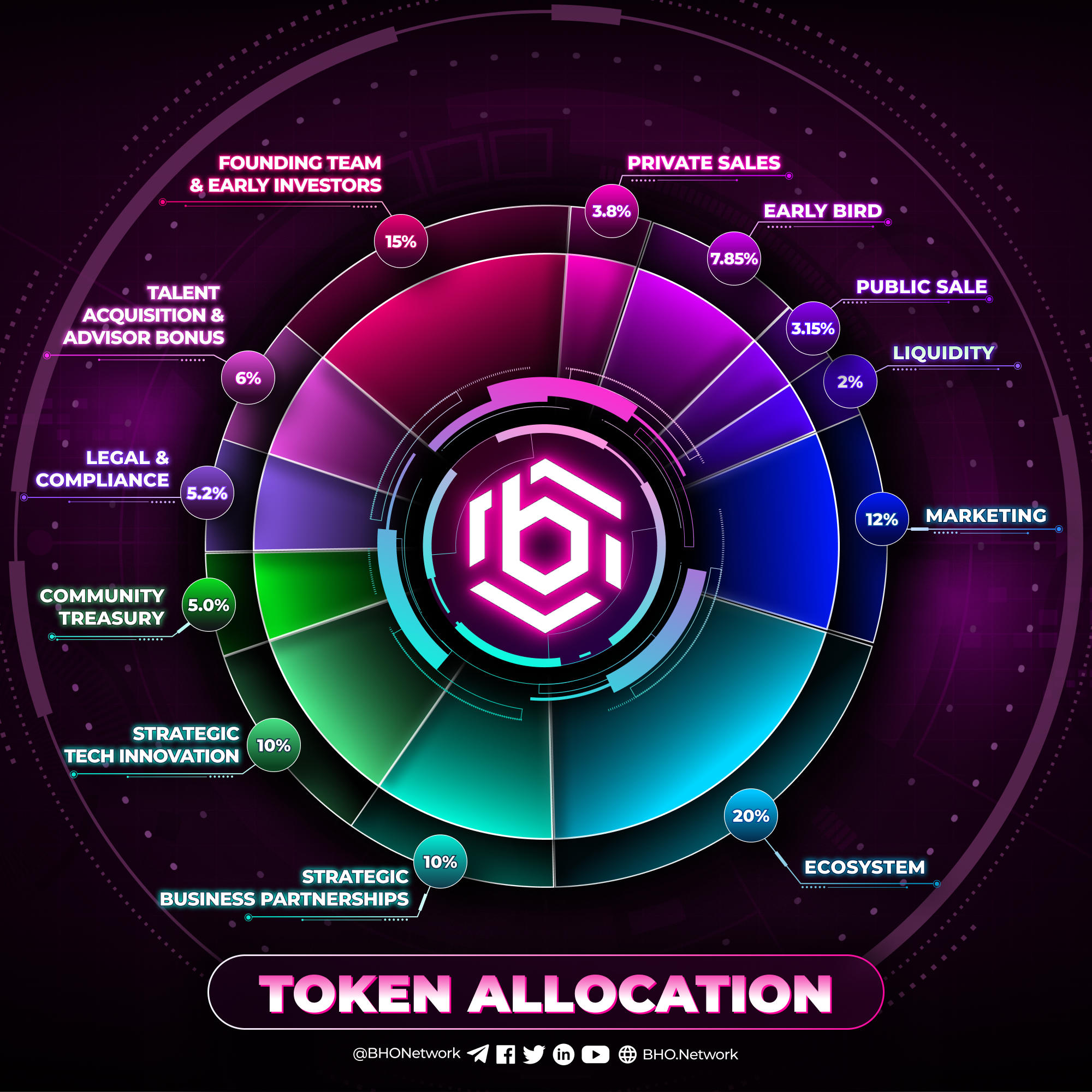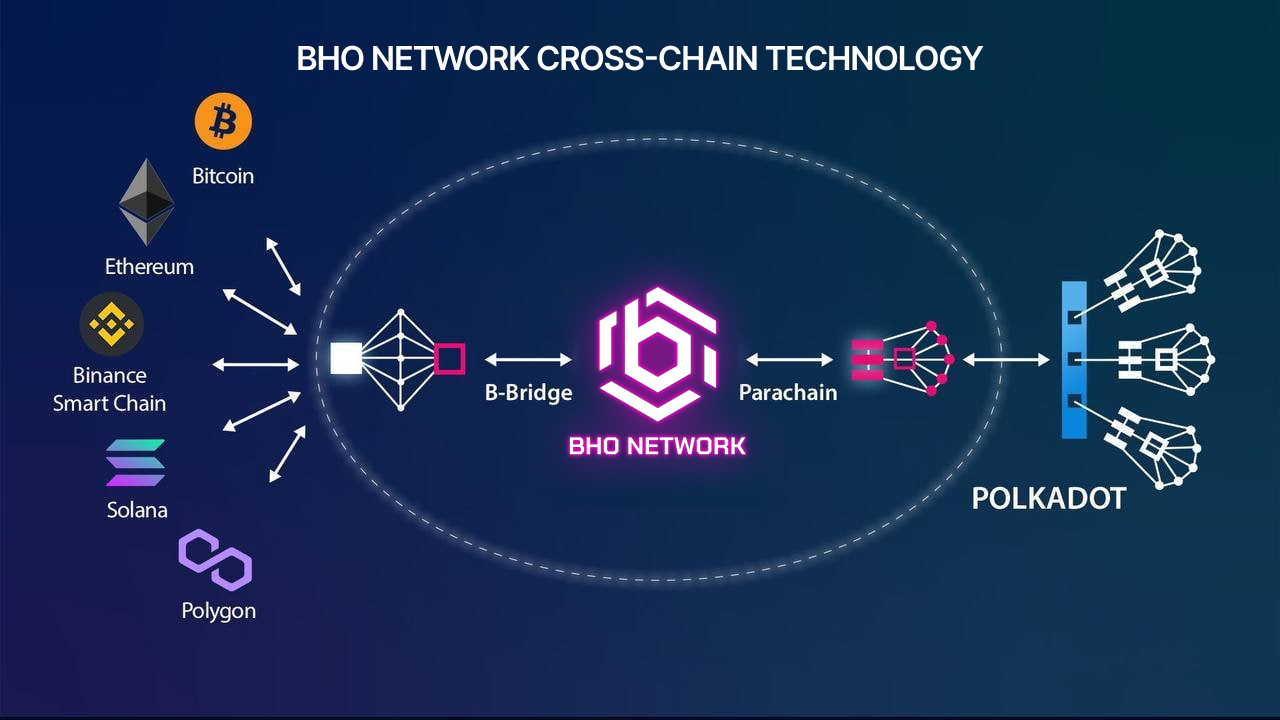HARNESSING BLOCKCHAIN TECHNOLOGY FOR CARBON CREDITS
As the world grapples with climate change, carbon credits have become indispensable tools for mitigating global carbon emissions. These credits allow companies to offset their emissions by investing in projects that reduce or absorb an equivalent amount of CO2. Despite their potential, the current carbon credit system is marred by significant challenges, including transparency issues, reliability concerns, and fraud risks. Blockchain technology, with its decentralized and immutable nature, presents a promising solution to these problems, transforming the carbon credit market into a more efficient, transparent, and trustworthy system.
Challenges in the Carbon Credit Market
The carbon credit market operates on a straightforward premise: companies emitting CO2 can purchase credits from projects that reduce emissions elsewhere. However, this system faces several critical challenges:
1. Lack of Transparency: The market's complexity, involving numerous intermediaries, often results in a lack of clear visibility into the creation, trading, and retirement of credits.
2. Double-Counting: There is a risk of the same emission reduction being reported multiple times by the same or different entities, compromising the system's integrity.
3. Fraud and Mismanagement: The market's low transparency makes it vulnerable to fraudulent activities, including false or exaggerated claims of emission reductions.
4. Inefficiency: The verification and trading process for carbon credits is often slow and cumbersome, leading to delays and increased costs.
Blockchain Technology: Revolutionizing Carbon Credits
Blockchain technology, the backbone of cryptocurrencies like Bitcoin, offers a decentralized, transparent, and secure method for recording transactions. These attributes make it an ideal solution for addressing the challenges in the carbon credit market.
Transparency and Traceability
Blockchain provides an immutable ledger where every transaction is recorded and visible to all participants. In the context of carbon credits, this means every step in the lifecycle of a credit—from creation and trading to retirement—can be transparently tracked. Each carbon credit can be tokenized, creating a digital asset that is easily traceable. This ensures that companies and regulators can verify the origin and ownership of each credit, reducing the risks of double-counting and fraud.
Enhanced Security
The decentralized nature of blockchain means no single entity controls the entire system, reducing the risk of manipulation. Smart contracts—self-executing contracts with the terms of the agreement directly written into code—can automate the verification and trading of carbon credits. This automation ensures that credits are only issued and transferred when specific conditions are met, further enhancing security and efficiency.
Improved Efficiency
Traditional carbon credit transactions involve multiple intermediaries and can take weeks or even months to complete. Blockchain can streamline this process by enabling direct transactions, significantly reducing the time and cost involved. Smart contracts can automate the verification process, ensuring that credits are only issued for verified emission reductions, thereby accelerating the overall process.
Practical Applications
Several initiatives and projects are already leveraging blockchain to improve the carbon credit market:
1. IBM and Energy Blockchain Lab: In China, IBM has partnered with Energy Blockchain Lab to develop a blockchain-based platform for carbon credit trading. This platform aims to increase the transparency and efficiency of the carbon trading process.
2. Veridium: Veridium, a company focused on environmental sustainability, has developed a blockchain-based solution for managing carbon credits. Their platform integrates with existing carbon credit registries, enabling real-time tracking and trading of credits.
3. Climate Ledger Initiative: This initiative explores the potential of blockchain technology to enhance climate action. It focuses on developing pilot projects that demonstrate the capabilities and benefits of blockchain in carbon credit management.
Integrating blockchain technology into the carbon credit market holds the potential to resolve many of the current system's challenges. By enhancing transparency, security, and efficiency, blockchain can help build a more robust and trustworthy carbon credit market. This, in turn, will encourage more companies to participate in carbon offsetting, contributing to global efforts to mitigate climate change. As blockchain technology continues to evolve, its application in carbon credit management will become increasingly sophisticated, paving the way for a more sustainable future.
Published on June 10, 2024







